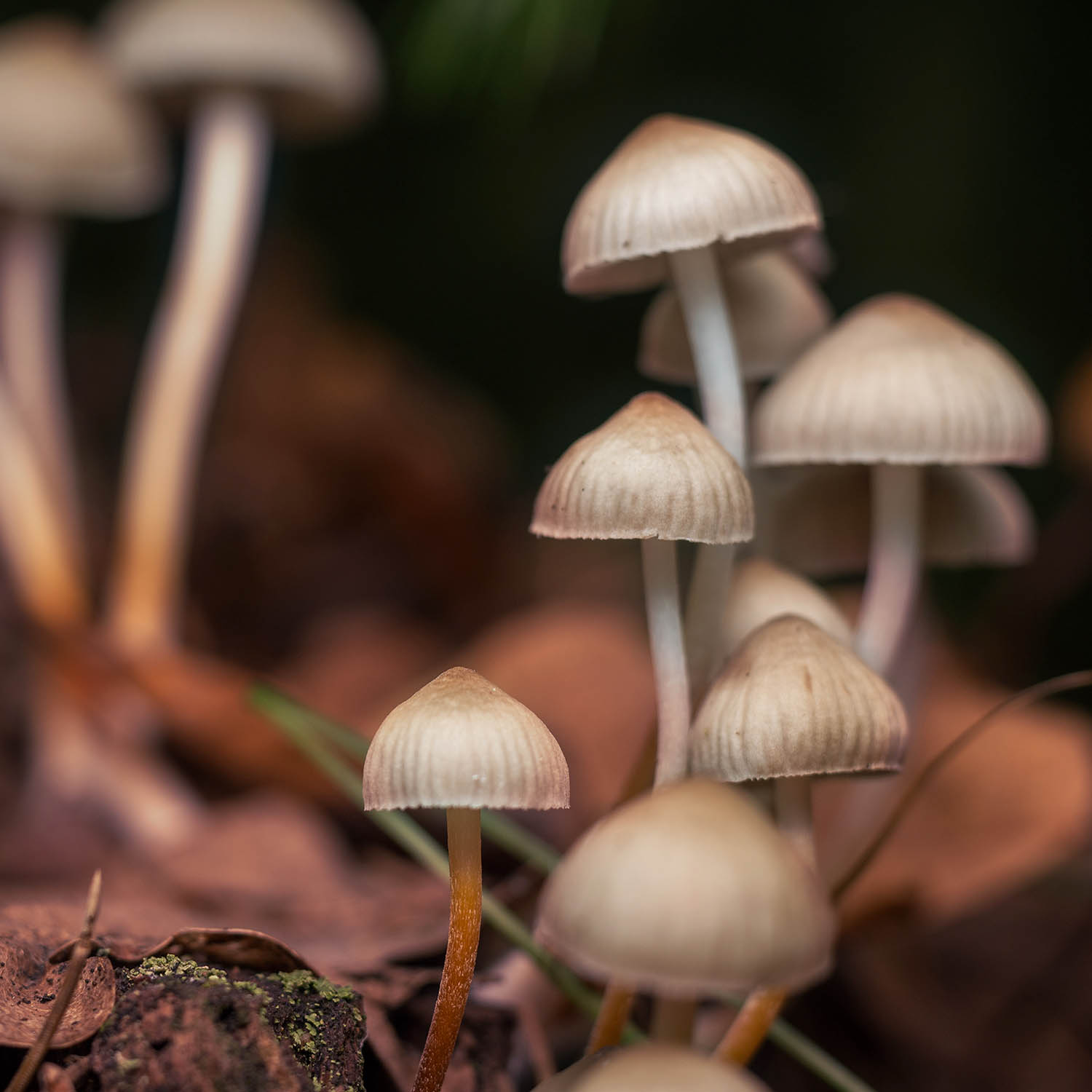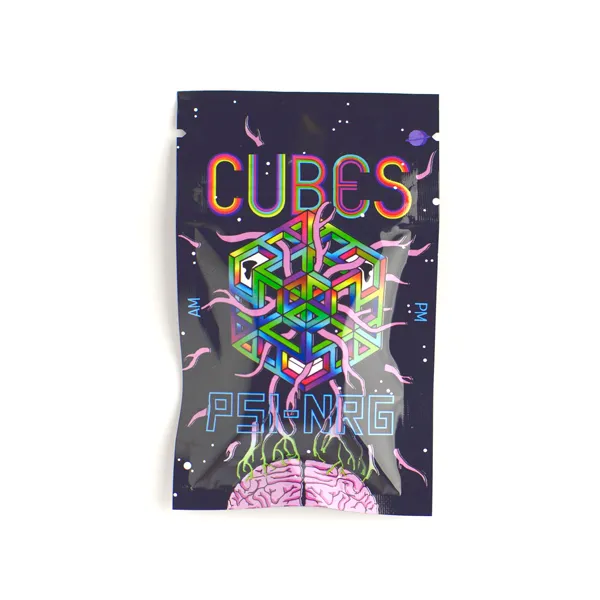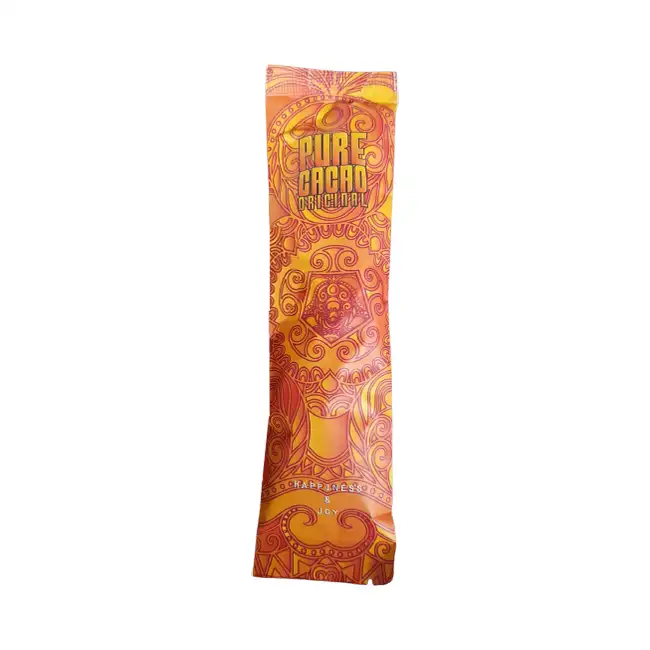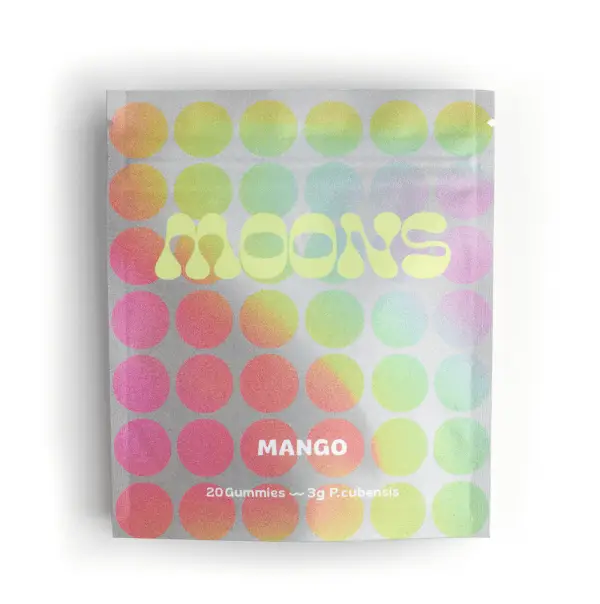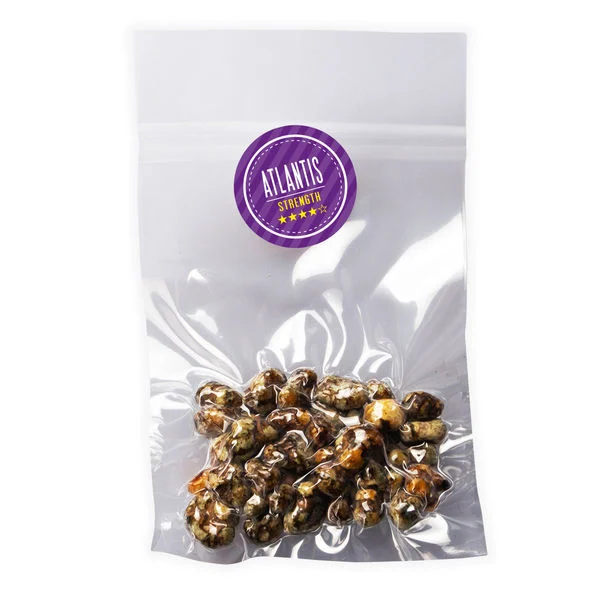Magic Mushroom, Magic mushrooms, also known as psilocybin mushrooms, are naturally occurring fungi that contain the psychoactive compounds psilocybin and psilocin. These compounds are responsible for the hallucinogenic effects that have made magic mushrooms both culturally significant and scientifically fascinating for centuries.
What Are Magic Mushrooms?
Magic mushrooms refer to a variety of mushroom species, primarily from the Psilocybe genus, that produce mind-altering effects when consumed. The most well-known species include Psilocybe cubensis, Psilocybe semilanceata (liberty caps), and Psilocybe cyanescens. These mushrooms grow in tropical and subtropical environments and have been used for thousands of years in spiritual and religious rituals.
Effects of Magic Mushrooms
When ingested, the psilocybin in magic mushrooms is converted into psilocin in the body, which interacts with serotonin receptors in the brain. This interaction can lead to profound changes in perception, mood, and thought. Common effects include:
- Visual and auditory hallucinations
- Altered sense of time and reality
- Emotional introspection
- A sense of connectedness with nature or the universe
While some users report euphoric and enlightening experiences, others may encounter anxiety, confusion, or paranoia—especially at higher doses or in stressful environments.
Legal Status Around the World
The legal status of magic mushrooms varies widely. In countries like the Netherlands and Jamaica, psilocybin mushrooms are legal or decriminalized for personal use. In contrast, many nations, including the United States and the United Kingdom, classify psilocybin as a Schedule I substance, meaning it is illegal to possess, sell, or distribute.
However, recent scientific studies highlighting the therapeutic potential of magic mushrooms have prompted legal reform in certain regions. For example, Oregon became the first U.S. state to legalize psilocybin therapy under regulated settings, and cities like Denver and Oakland have decriminalized personal use.
Magic Mushrooms and Mental Health
A growing body of research suggests that magic mushrooms may offer benefits for mental health. Clinical trials have found that psilocybin-assisted therapy can be effective in treating:
- Depression
- Anxiety
- PTSD
- Addiction (e.g., smoking or alcohol dependence)
These findings have reignited interest in the therapeutic uses of psychedelics, leading to increased funding and support for continued research.
Risks and Precautions
While magic mushrooms are not considered physically addictive, they are powerful substances that should be approached with caution. Key risks include:
- Bad trips (unpleasant or frightening experiences)
- Risk of poisoning from misidentification of wild mushrooms
- Possible interactions with other medications or mental health conditions
It’s crucial to ensure proper identification, dosage, and setting when using magic mushrooms to minimize potential harm.
Conclusion
Magic mushrooms offer a unique glimpse into the capabilities of the human mind, bridging the gap between ancient tradition and modern science. Whether viewed as a sacred tool, a recreational substance, or a promising treatment for mental illness, magic mushrooms continue to captivate and challenge perceptions around consciousness and healing.
You Might Also Like These:
